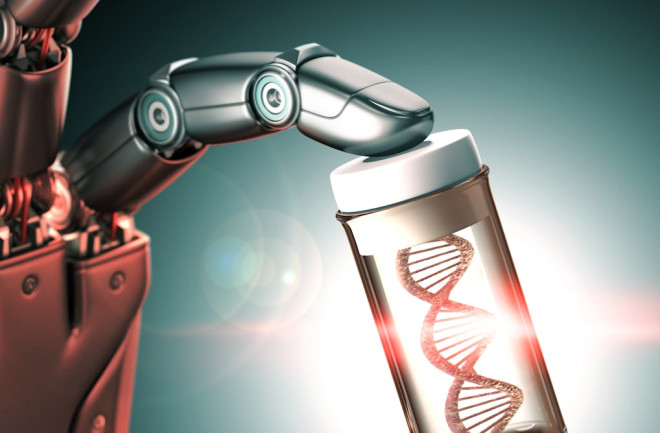According to this article, Frances Arnold’s assertion during her 2018 Nobel Prize lecture that we could not compose DNA has been rendered obsolete by recent advancements in artificial intelligence (AI) and gene editing technologies. AI can now design DNA sequences, enabling scientists to create bespoke proteins using genetically modified bacteria as mini-factories. This fusion of AI and CRISPR technology allows for rapid, cost-effective gene editing, making it feasible to produce proteins that could mitigate greenhouse gas emissions, break down plastics, or serve as targeted pesticides.
Notably, AI systems like AlphaFold and its successor AlphaFold3 have revolutionized our understanding of protein structures, which is crucial for drug development and disease treatment. As researchers continue to explore AI’s potential in protein design, the combination of these technologies promises significant advancements in biotechnology despite the inherent risks and complexities involved in engineering biological systems.
Editor’s Note: This article highlights a pivotal moment in biotechnology, where the convergence of AI and gene editing presents remarkable opportunities and profound ethical dilemmas. On the one hand, the potential to engineer bespoke proteins could revolutionize industries, offering solutions to pressing global challenges like climate change and pollution.
However, this power raises significant questions about scientists’ moral responsibilities and the societal implications of manipulating life at such a fundamental level. As we tread this uncharted territory, we must grapple with the philosophical ramifications of “playing God” and consider how these technologies could exacerbate existing inequalities or lead to unintended ecological consequences. Balancing innovation with ethical stewardship will be crucial as we navigate the future of genetic engineering and its impact on humanity. [Also read Cloning Ethics: Navigating the Moral Landscape of Research and Rights in the Age of Genetic Replication, The immaterial mind and human cloning].
Read Original Article
Read Online
Click the button below if you wish to read the article on the website where it was originally published.
Read Offline
Click the button below if you wish to read the article offline.
